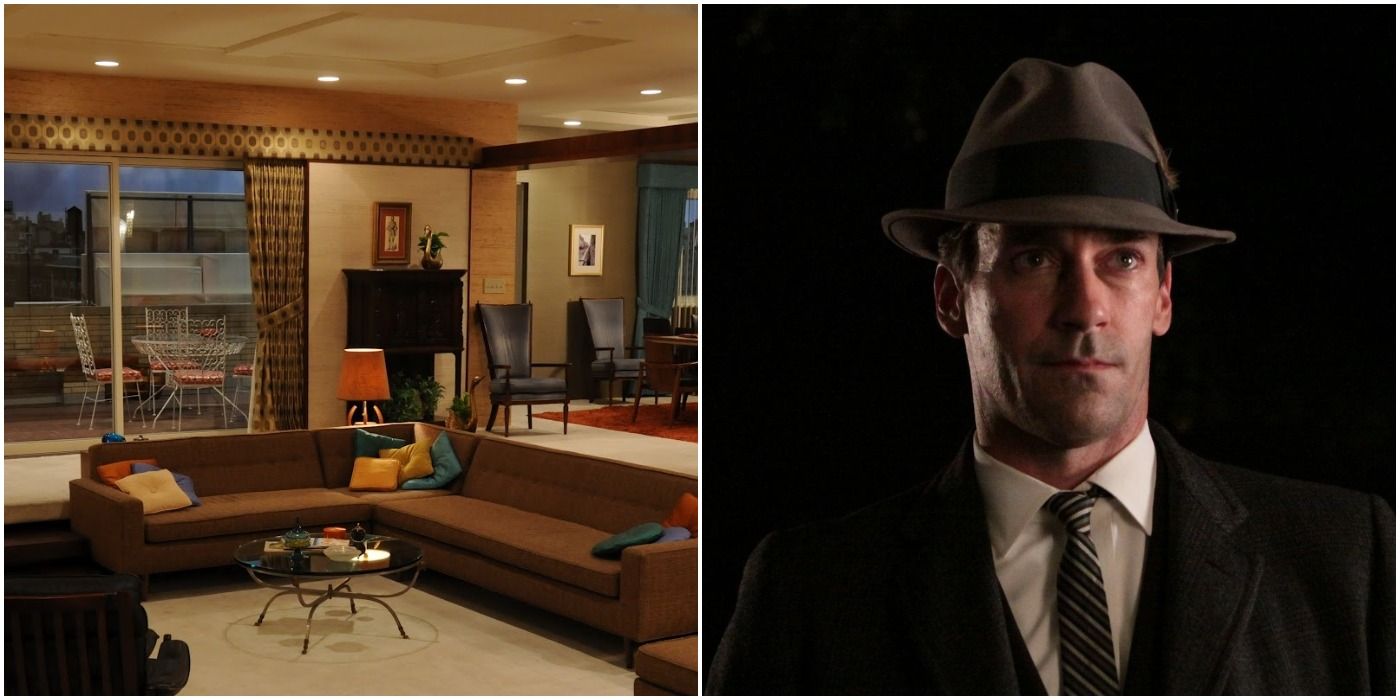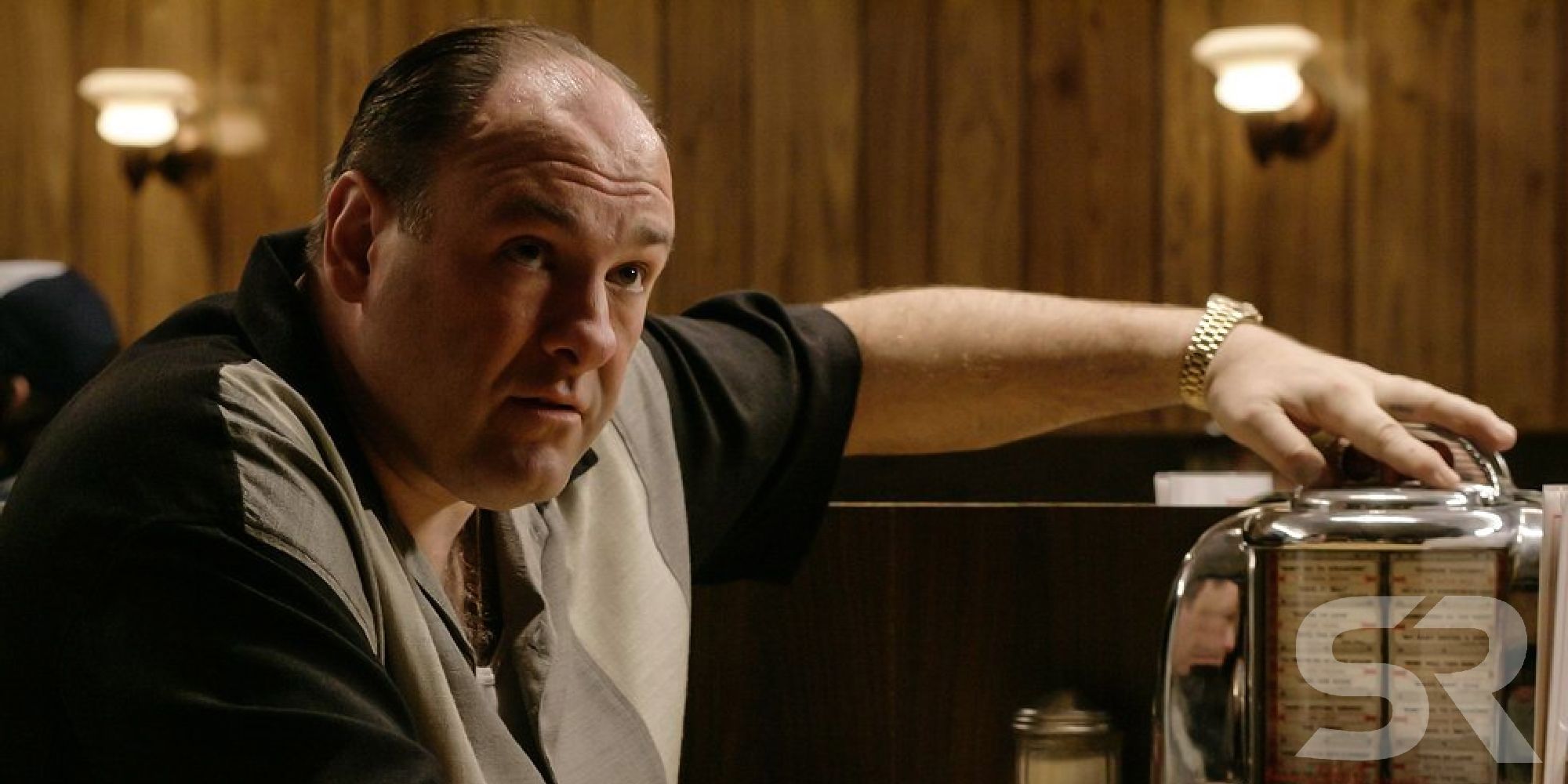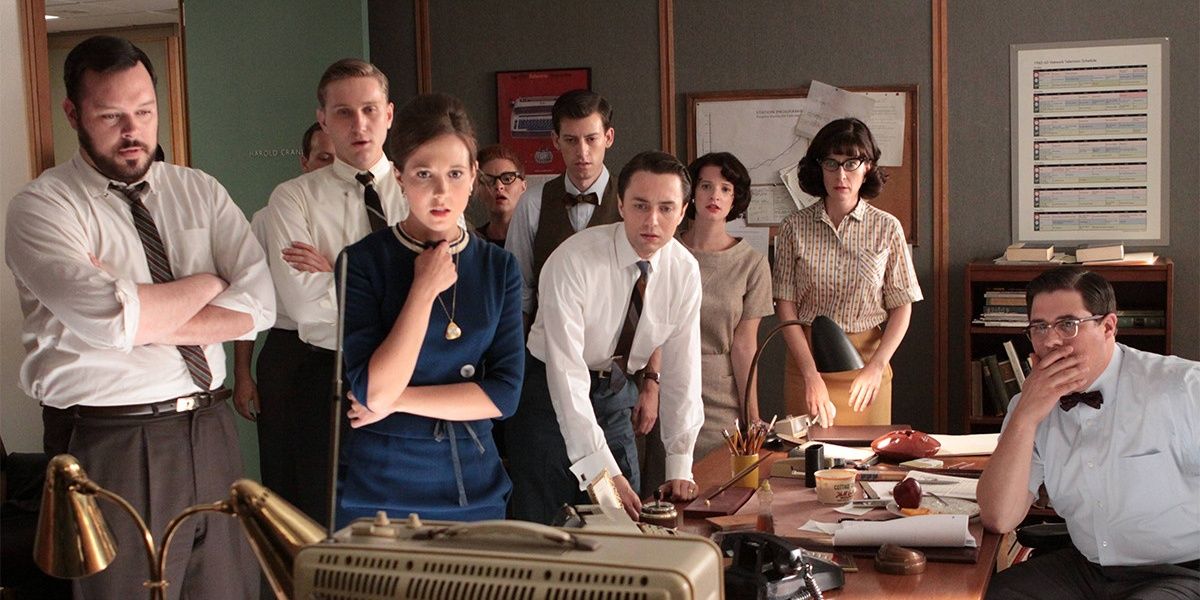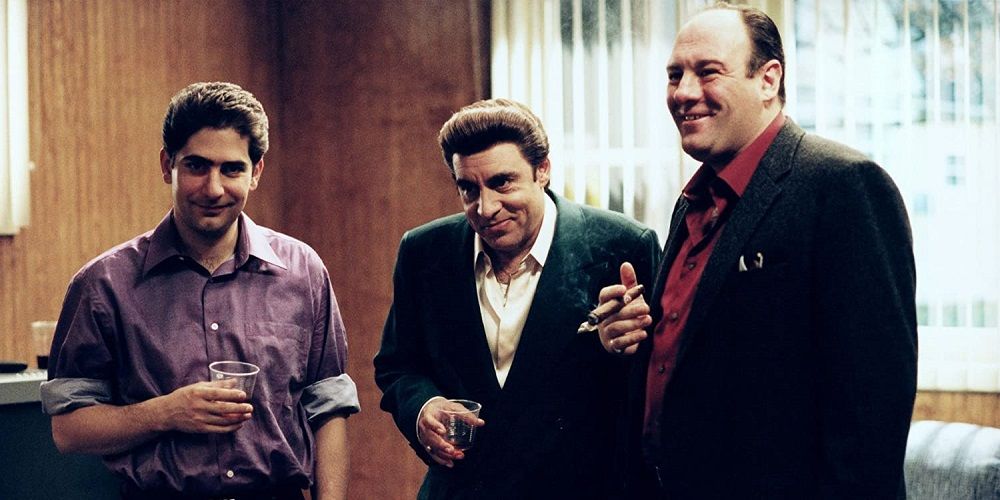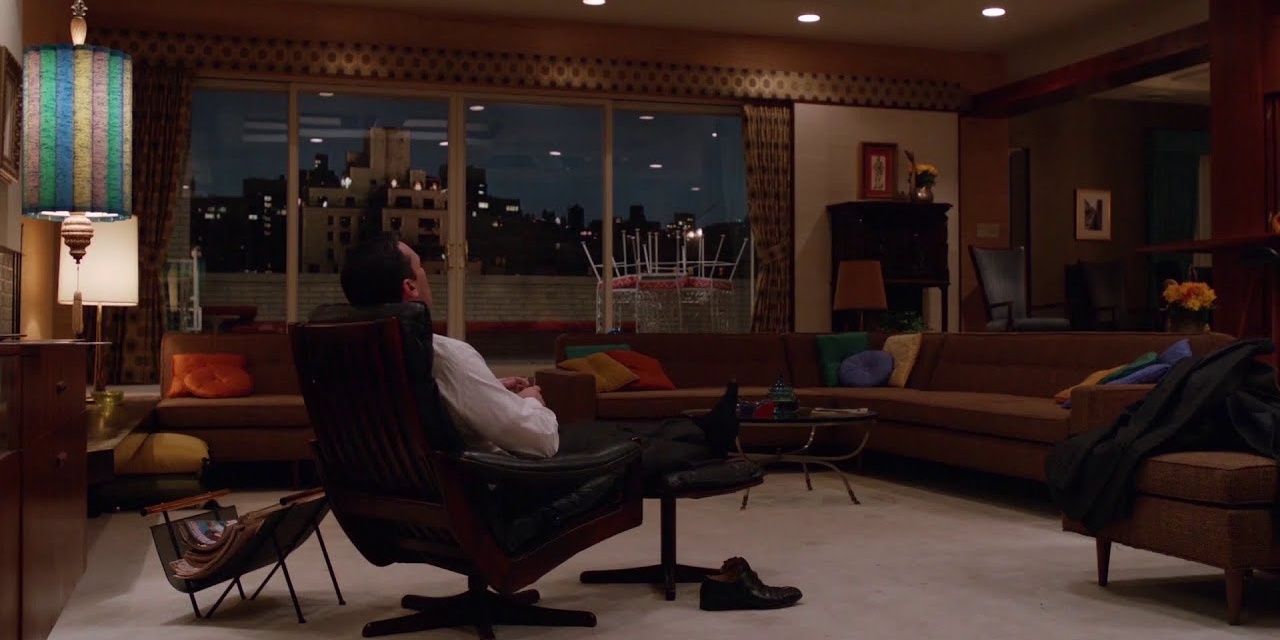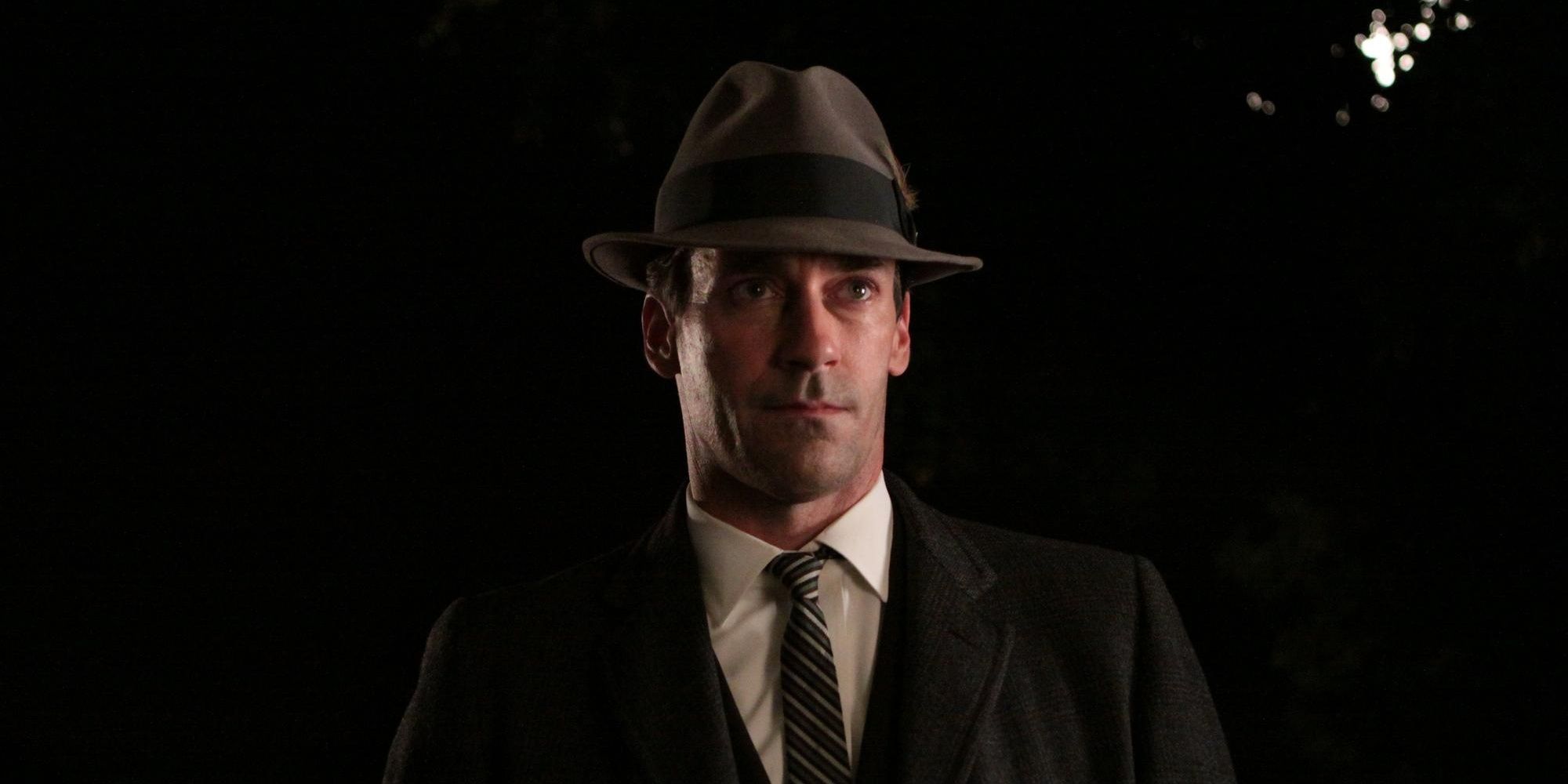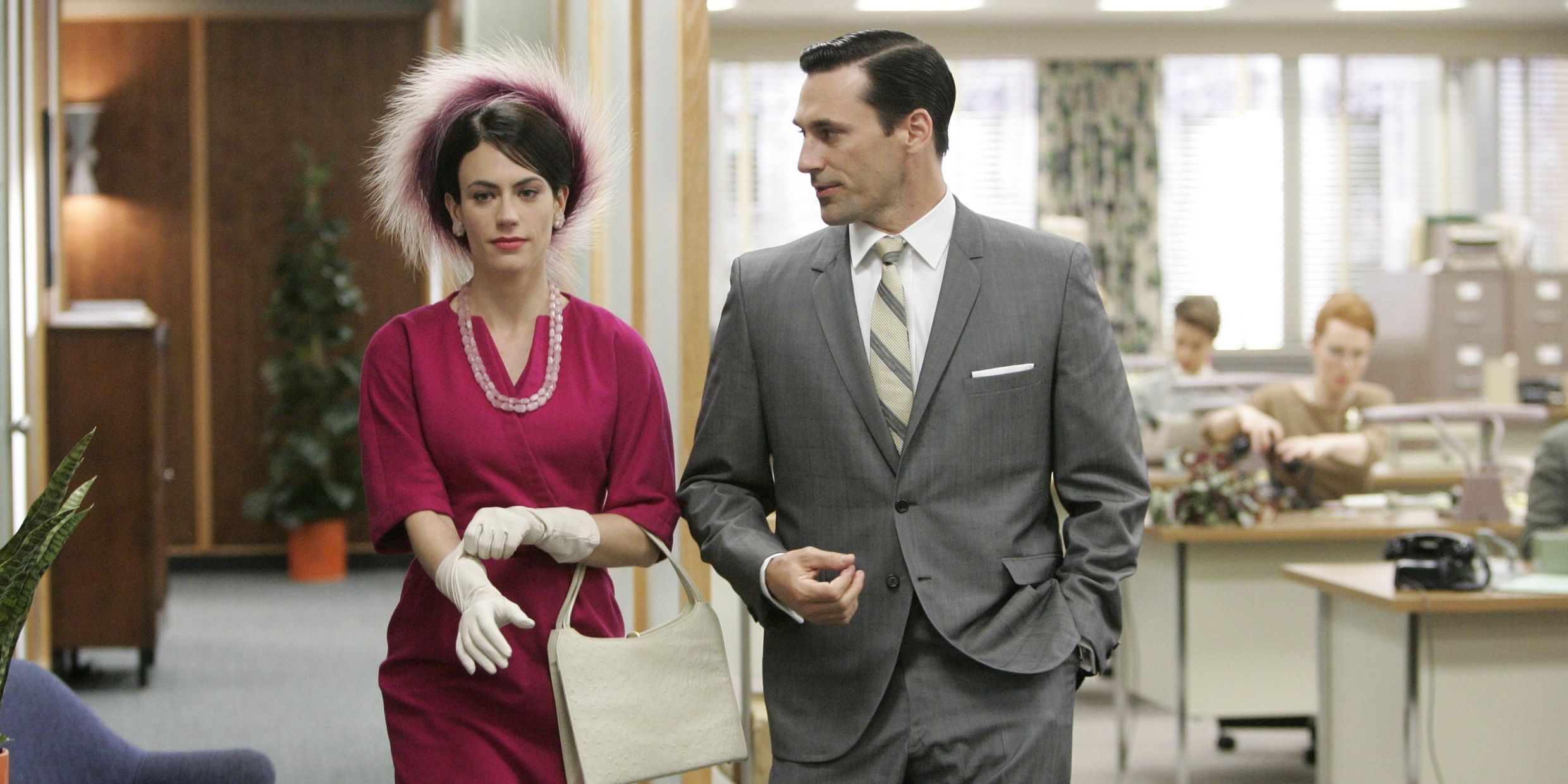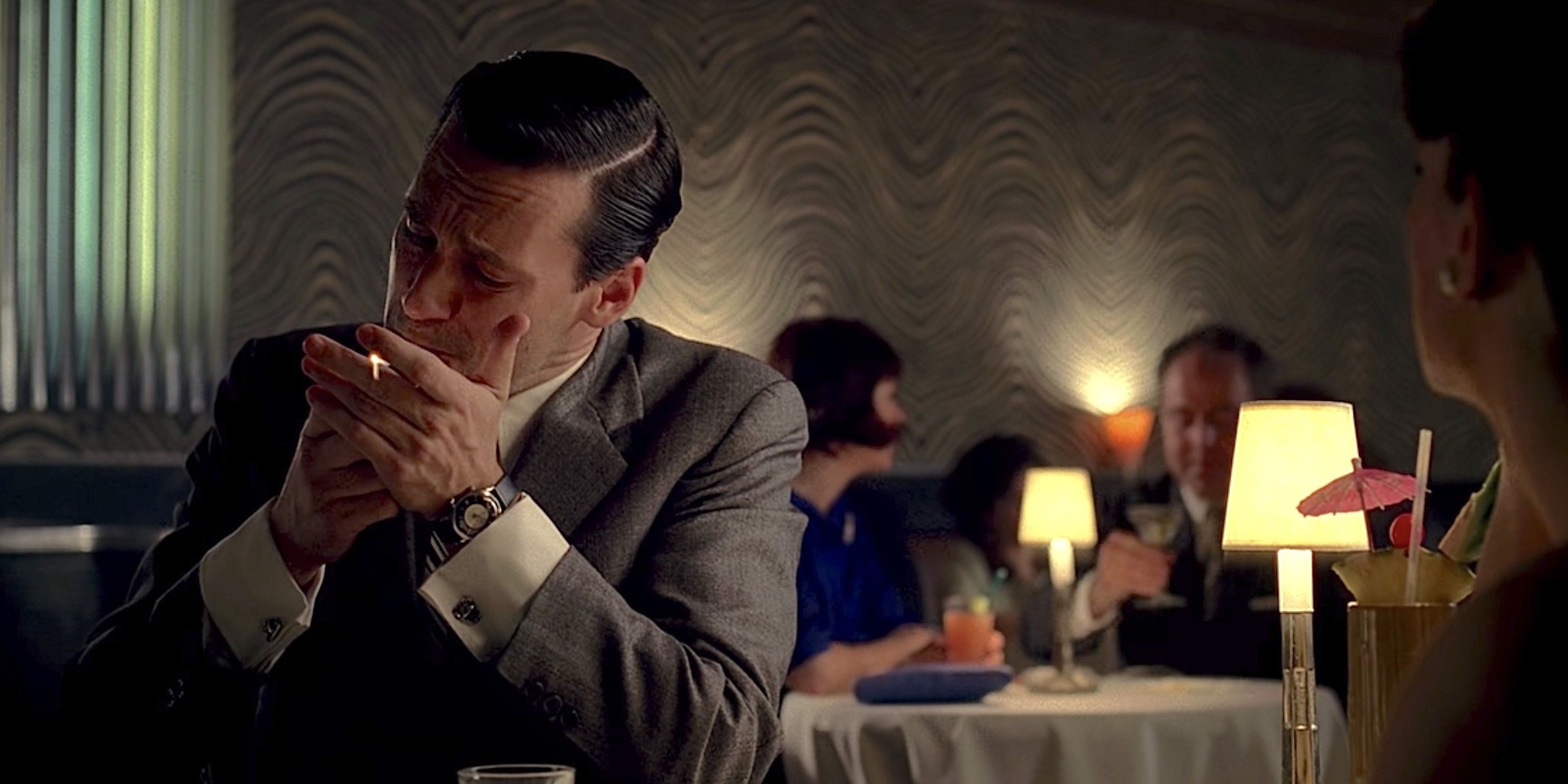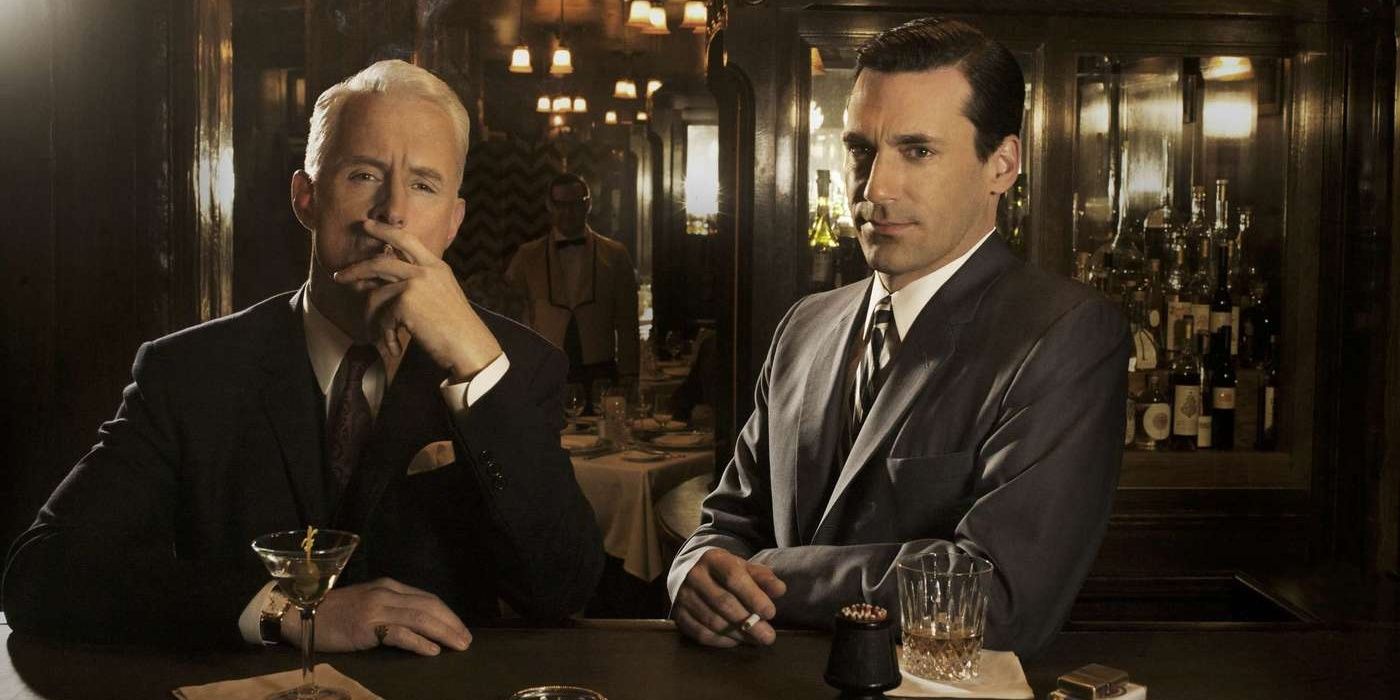Mad Men is one of the greatest television shows ever made. And while it lacks the excitement of a Breaking Bad or a Lost, it has garnered untold amounts of praise for its period details, writing, and themes. It's "about" an advertising agency in the 1960s, but it's also about the human condition.
As one could imagine, a lot of work was poured into the creation and production of Mad Men. Making one of the best shows of all time certainly isn't easy, and it doesn't sound easy, either.
Matthew Weiner Was Hired For The Sopranos Based On His Spec Script
While Mad Men didn't begin airing until 2007, series creator and showrunner Matthew Weiner wrote the pilot episode back in 2000. At the time, he was working on a show called Becker, a CBS sitcom about a cranky doctor in The Bronx. David Chase - the showrunner of The Sopranos - got his hands on the spec script around 2002 and reportedly enjoyed the themes it presented. He hired Weiner as a writer on The Sopranos, and Weiner joined the writing team in season five. He would go on to write twelve episodes.
It Was Originally Pitched To HBO
Today, AMC is a household name thanks to shows like Mad Men, Breaking Bad, and The Walking Dead. But when Mad Men premiered on July 19, 2007, barely anyone had heard of it. It certainly wasn't Weiner's first pick, as he tried selling the show to HBO - the same premium channel that hosted The Sopranos. They wanted David Chase involved in some capacity, and when he declined, so did HBO. The show eventually found a home on AMC, and the CEO of HBO would later call passing on Mad Men his biggest regret.
It Was Greatly Inspired By The Sopranos
The Sopranos changed television forever, and its influences are still reverberating through the TV landscape to this day. According to Matthew Weiner, Mad Men would not have become what it was if it wasn't for his creative freedom and experiences on The Sopranos. Weiner told The Paris Review, "Mad Men would have been some sort of crisp, soapy version of The West Wing if not for The Sopranos." He also claims that the tone of Peggy's storyline - particularly the subplot involving her baby - would not have been possible without The Sopranos.
The Show Was Also Inspired By Hitchcock
If there is one man more influential to Matthew Weiner than his Sopranos boss David Chase, it was Alfred Hitchcock. Weiner has gone on record numerous times to declare his love for Hitchcock and the major influence his films played on the creation and visual style of Mad Men.
He was especially influenced by two films in particular - Vertigo and North by Northwest. These two movies also helped influence the creation of the opening credits, as they feature skyscrapers and the silhouette of a falling man.
The Producers Paid $250,000 For A Beatles Song
Music plays a very important role in Mad Men. Each episode typically closes on a period song whose lyrics mirror the given theme of the episode. Season five's Lady Lazarus contains what is perhaps the best ending song - The Beatles' "Tomorrow Never Knows," a wonderful piece of psychedelia off their iconic 1966 album Revolver. And while it fits the episode perfectly, getting it certainly wasn't cheap. Lionsgate forked over $250,000 for the use of the song - about 9% of a given episode's $2.8 million budget.
Jon Hamm Was Hired Due To His Tragic Past
Upwards of 80 candidates were considered for the role of Don Draper. Matthew Weiner initially wanted someone less handsome, but he eventually relented and gave Hamm the part. Most of that has to do with his acting, but Weiner also sensed a pain within Hamm that would work beautifully for the character. Much like Don Draper himself, Jon Hamm faced a tough childhood. His parents divorced when he was two, and his mother died from cancer when he was ten. He was sent to live with his father, but he too passed away when Hamm was 20.
Meticulous Research
As viewers can probably imagine, meticulous research went into the creation of Mad Men and each of its individual episodes. Weiner and his team continuously researched various aspects of the 1960s, including fashion, speech, decoration, technology, and pop culture.
In one instance, Weiner was forced to change an episode's end credit music after critics pointed out the anachronism. However, it went far deeper than that. According to Jon Hamm, the team even researched historic weather patterns to accurately depict the weather on a specific date.
Herbal Ciggys
Smoking onset would be a complete disaster - especially considering modern smoking laws. However, the characters of Mad Men smoke and they smoke a lot. The producers needed to find a filmmaking trick, and that trick was herbal cigarettes. These are both tobacco and nicotine-free, so there's little harm to the health of the actors. However, these cigarettes are said to taste horrible, with Jon Hamm calling them "a mixture between pot and soap."
Ceilings
It's weird to point out the ceilings, but in this case, it actually proves quite interesting. Most TV shows avoid showing ceilings - especially ones filmed on soundstages. That's because the "ceilings" are open and composed of numerous light fixtures. However, Mad Men made a creative decision to show the ceilings within the frame compositions, as this more accurately portrays the photography of the 1960s. While this makes the show look more realistic, it was a total nightmare for the lighting and camera teams.
Absolutely No Improv
Matthew Weiner was notorious for his stranglehold over production. He wrote or co-wrote nearly every script, and he had last say when it came to the show's props and costumes. He clearly had a vision for Mad Men, and as such, actors were not allowed to deviate from the script in any capacity. The scripts were to be followed verbatim, and even if someone wanted to change a single word, they had to consult with Weiner first.

